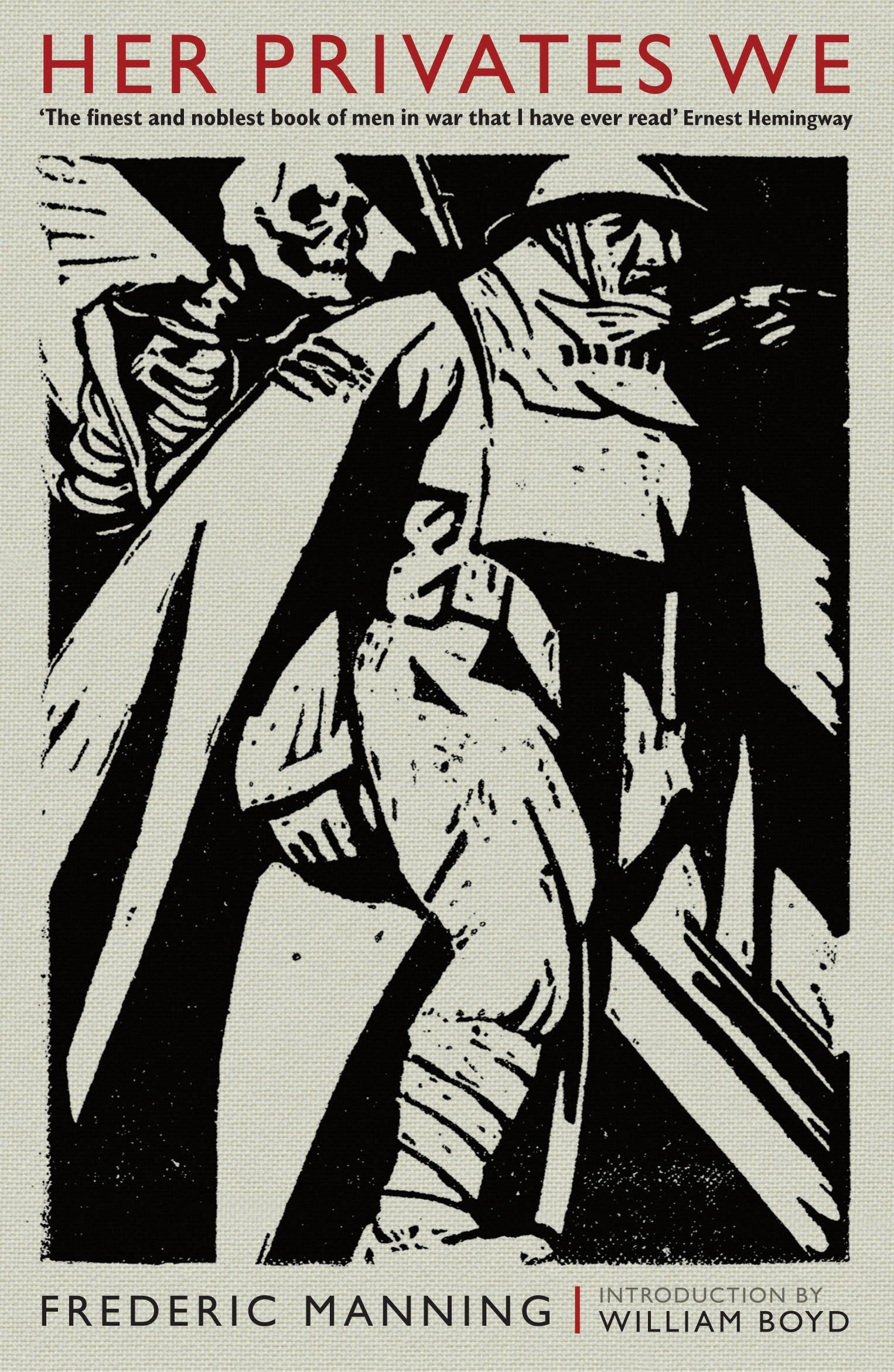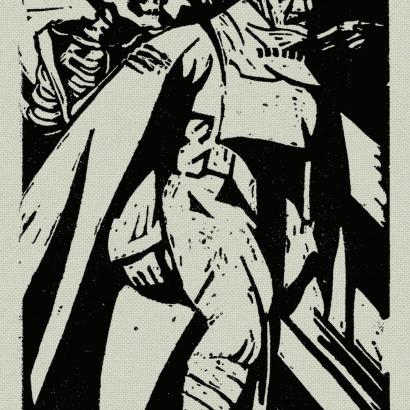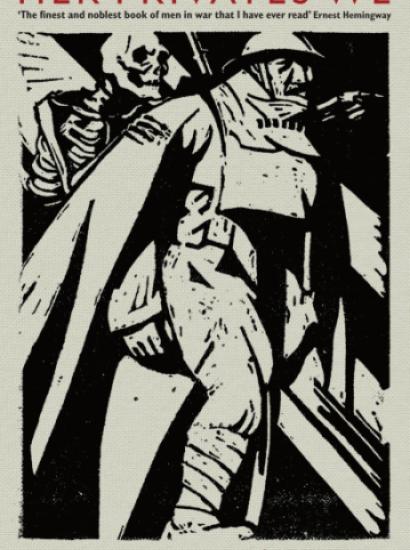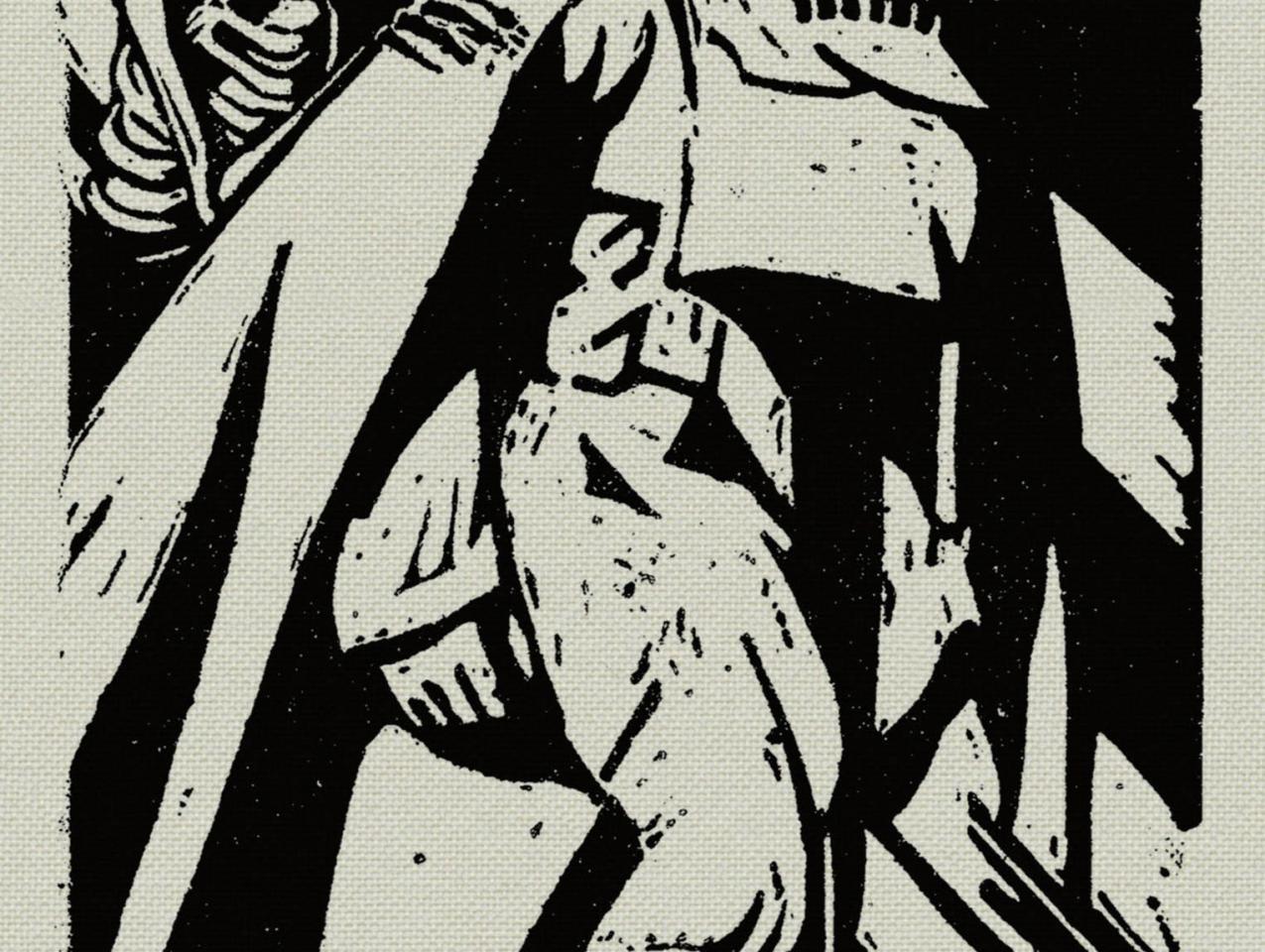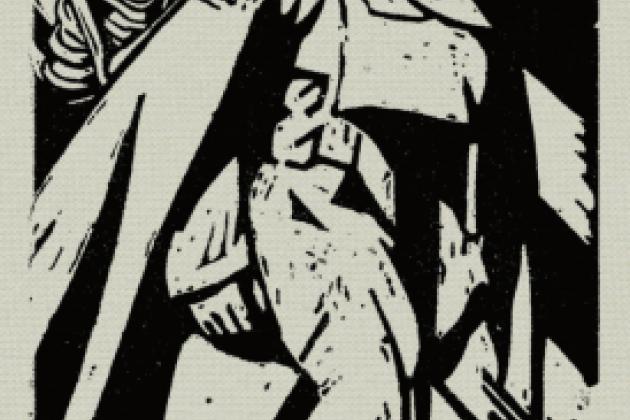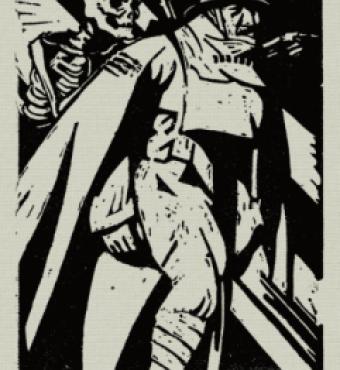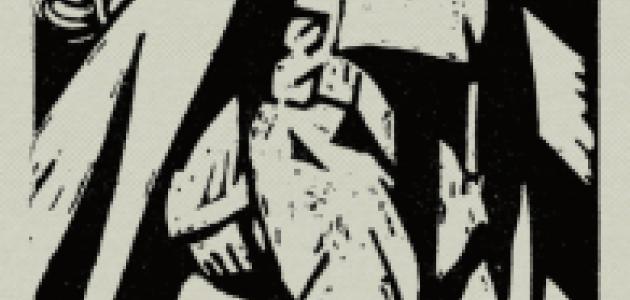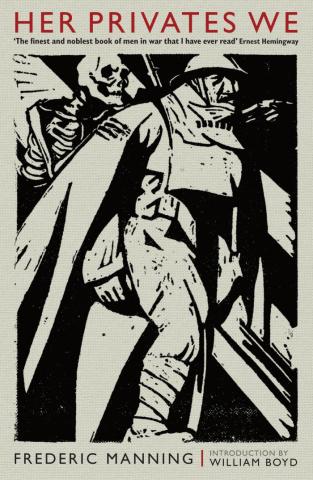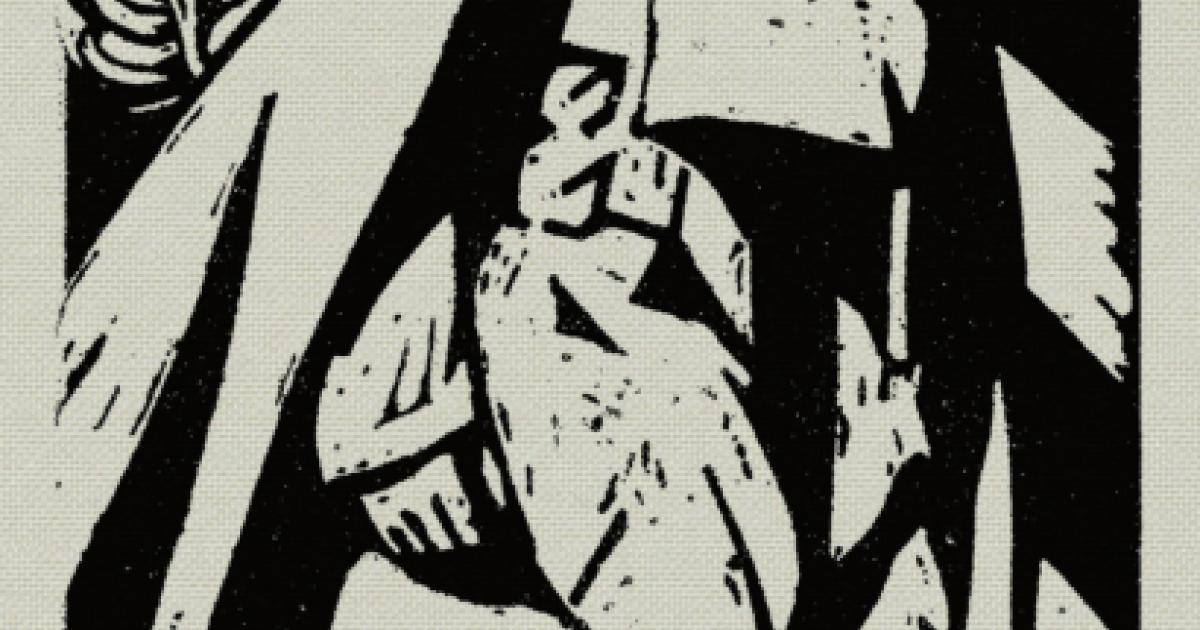- History
- Military
Frederic Manning was an expatriate Australian aesthete-turned-journalist-turned-soldier who wanted his readers to understand was it was like to have fought in the trenches of World War One. His haunting autobiographical novel became an international bestseller in the 1930s and no less an authority than Ernest Hemingway described it as “the best and noblest book of men in war that I have ever read. I read it over once each year to remember how things really were so that I will never lie to myself nor to anyone else about them.” Manning wrote under the pseudonym “Private 19022” and perfectly reproduced the authentic slang of his comrades in the King’s Own Shropshire Rifles. (The book’s title is a lewd pun on the lines from Hamlet: “On Fortune’s cap we are not the very button … Then you live about her waist, or in the middle of her favours? … Faith, her privates we.”) It was not until 1977 that an unexpurgated edition was published, in which the swear-words of the original manuscript were reinstated, and “beggar,” “cow,” and “muckin” were returned to their baser originals. The obscenities do not seem at all out of place, however, in the context of rats eating corpses in shell-holes, human beings being ripped apart, and all the other horrors of the Somme Offensive in which Manning had fought. Yet the book is not anti-war per se: Despite being written at the height of the political movement that sought to characterize war as a crime, Manning instead presented it as merely a horrible but unavoidable part of the human condition. Nor did the book contain a denunciation of the British officer class, indeed some of the most sympathetic characters are the harassed but honorable captains and lieutenants trying to do their best for their men in impossible circumstances.







